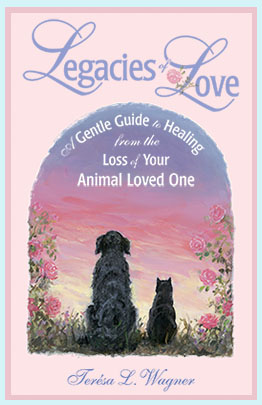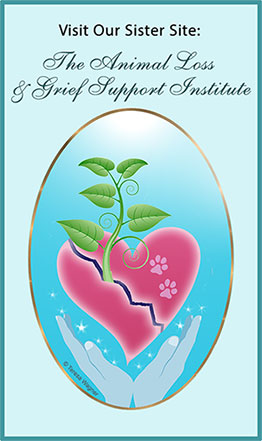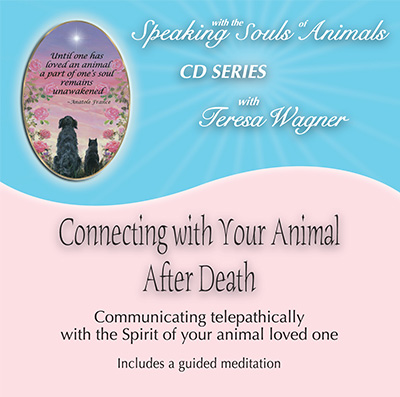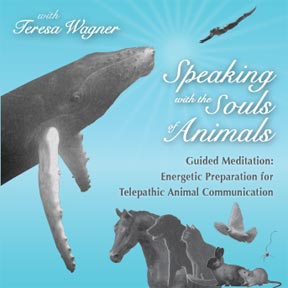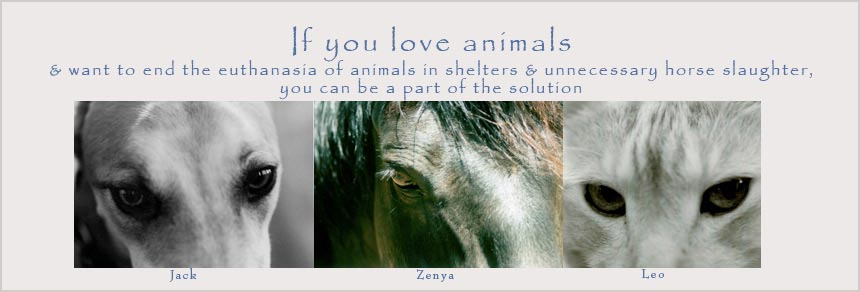Activism, Prayer & Personal Choices for the Animals
Personal Choice
Everyday personal choices change the world, one action at a time.

Sometimes, it can be easier to write a check than to look at our own daily choices and practices that may harm animals. When we don't see the suffering in front of us, it's easy forforget that it exists. Yet as we make our choices in everyday life—what food we eat, what personal care and household products we use, what apparel we wear, where we acquire our pets, who we elect as our government officials, we have a powerful opportunity to participatein either perpetuating the suffering of animals or lessening it. Animal welfare and animal rights groups cannot change the world for animals by themselves. Beyond making donations, sending emails and signing petitions, and saying prayers, our daily life choices hold the power to change the world for animals.
Consumer choices determine markets for products. When we boycott cosmetic companies who torture rabbits and mice to test products, we reduce the suffering of animals. When we choose not to eat veal we reduce the number of baby cows who are taken from their mothers at one day old then live in tiny dark enclosures until they are slaughtered, we reduce thesuffering of animals. When we choose not to eat lobster and fish we reduce the number of whales entangled in fishing lines and traps, who sometimes live for years with painful disabilities from entanglement until they finally die. If we choose to not eat any animals at all, in the US alone we could save the lives of 10 billion land animals per year (The Food Revolution: How Your Diet Can Help Save Your Life and Our World
Remember when we all boycotted certain brands of tuna because of the"incidental" dolphin catch in the tuna nets? We didn't want dolphins to suffer—so millions of people boycotted certain tuna brands. It was hard for me to understand why it was considered acceptable for the tuna to suffer and not the dolphins, but enough people did care about the dolphins to carefully choose their tuna brand which saved the lives of many dolphins. Our personal choices count. They make a difference.
It takes one person at a time to change the world for the good. If you doubt that being just one person can make a difference, ask yourself why you place your plastic, paper and aluminum in the recycling bin. I think we recycle now because we've been educated about the horrors for mother earth when we do not. In many contexts of social and environmental change we've seen that one person's actions DO make a difference.
As we open ourselves to more information about the impact of our decisions and actions for animals, we have the opportunity to make more compassionate choices to reduce their suffering. We can be part of eliminating the root cause of suffering for many animals. We can spend our dollars where are values are. We can invest in companies with ethics and values in alignment with ours. We can buy products that are not tested on animals and use no animal ingredients. We can put our forks where our love is by eating nutritious, delicious food that does not harm animals. We can choose entertainment and venues that do not involve the capture of animals from their natural habitat, and educational institutions that do not harm animals in research. We can save lives and prevent suffering with many of our everyday life choices. We have the power to create more peace on earth by simply living in alignment with the compassion in our hearts for animals.

Questions to Ponder:
As I continue to look at my own choices around food, clothing, household products, and how I spend my time and money, what new choices might I make to reduce the suffering of animals?
What compassion based choices can I make each day to reduce the suffering of animals?
Highly Recommended Book and Article:
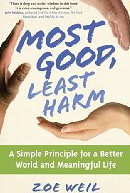 |
Most Good, Least Harm: A Simple Principle for a Better World and Meaningful Life Zoe Weil |
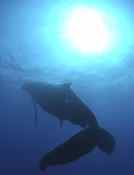 |
"Our Healing Relationship with Nature," Marsha L. Green, PhD, Ocean Mammal Institute |

